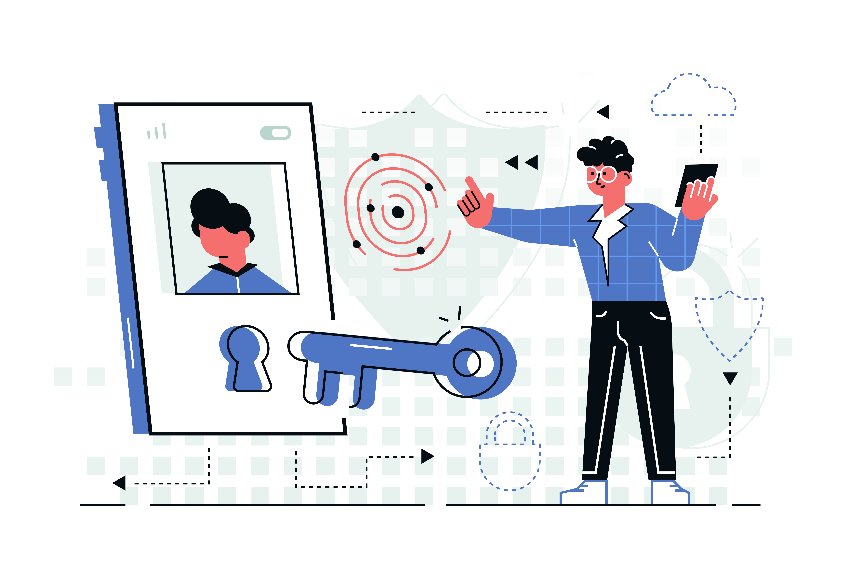Over the past decade, technology and social media have become a major part of our daily lives. People do not often think of what happens to our digital property when we pass away. Although state laws on digital estate plans are evolving, it is important to take the steps now to prepare a digital estate plan. Doing so will help your loved ones handle your digital assets when you are no longer here.
What are digital assets and how do you include them in your estate plan?
The first step in creating a digital estate plan is to prepare a list of all your digital assets. Digital assets include:
• Social Media Accounts
• Email Accounts
• Online Bank & Credit Card Accounts
• Cell Phone Apps
• Photos & Videos Stored on a Device or the Cloud
• Marketplace Accounts
• Subscription-Based Accounts
• Smartphone, Computer, Tablet, or Cloud Data
• Domain Names
• Digital Cryptocurrency
• Digital Collections
• Downloaded Music and Movies
Make sure to include any relevant logins and password information in your list; you may also want to make note of your answers to commonly asked security questions. After you have created a list of all your digital assets, the next step is to outline your wishes. Some assets you may want saved, and others you may want deleted immediately. Other assets may be left for certain family and friends. It is important to note that a digital estate plan needs to consider any relevant terms of service agreements along with applicable state and federal law.
Following the allocation of all your digital assets, you must appoint an executor for your digital estate plan. The digital executor will be the person you trust to carry out your wishes. The Revised Uniform Fiduciary Access to Digital Assets Act (RUFDDA) requires that you leave specific permission for your executor to access your email account. The executor will have access to all your digital assets and will be in charge of distributing your assets.
The final step in creating your digital estate plan is to turn it into a legally binding document. You can do this by mentioning it in your Will or by adding it as a codicil to your Will. Because your Will may become public upon your passing, it is recommended that you include your usernames and passwords on a separate document that will can remain confidential. Keeping your digital estate plan separate from your Will also allows you to update it on a needed basis without having to alter or modify your testamentary documents. Your digital estate plan and relevant documents should be kept in a secure location either with an attorney or in a safe and accessible location. You should be sure to let your digital executor know about the digital estate plan and leave instructions on how to access it.
What is a legacy contact?
In order to preserve their users’ digital legacy—or alternatively, to remove their digital footprint upon their request—Facebook has implemented the “Legacy Contact” feature, allowing users to select a trusted individual to manage their account upon their death. Legacy contacts will not be permitted to log into the decedent’s account or read their messages. Nevertheless, in accordance with the deceased user’s preferences, the legacy contact will manage the decedent’s memorialized Facebook account or delete their account upon their passing. The legacy contact will need to inform Facebook of the user’s passing in order to memorialize or delete the account.
Even with a legacy contact set to your Facebook account, you may still want to set a digital estate plan in place to account for all of your digital assets. If digital assets are part of your estate, it is highly recommended that you reach out to the trust and estate attorneys here at EPGD Business Law who can help create a digital estate plan for you!


